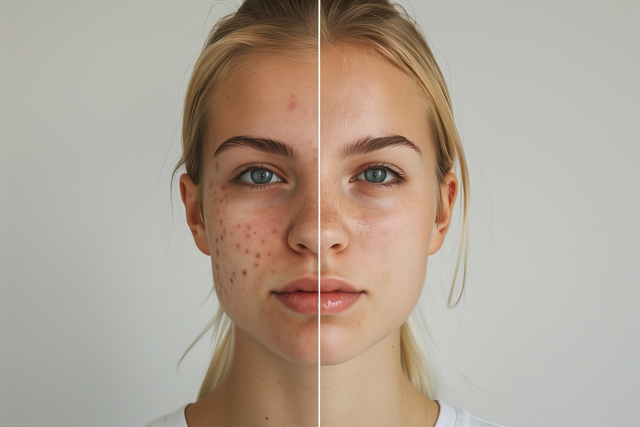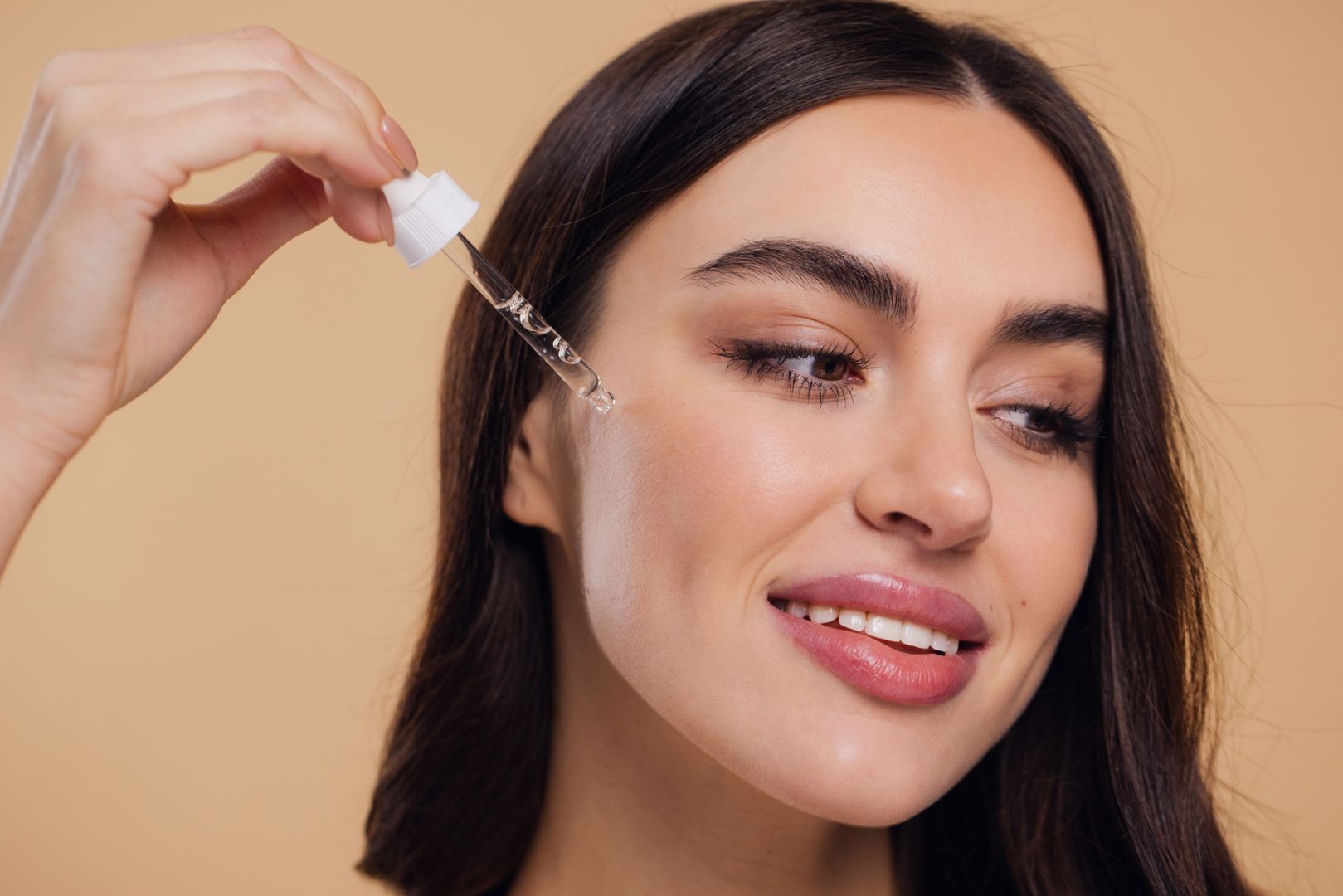How to Use Retinol Correctly?
Retinol, a derivative of Vitamin A, accelerates skin renewal, providing a younger and healthier appearance. Known for its anti-aging effects, this powerful ingredient promotes cell regeneration, reducing fine lines, wrinkles, blemishes, and acne problems.
Different types of retinoids are used in skincare. Retinol is one of the most common and effective over-the-counter variants, while retinoic acid is a stronger form usually recommended by dermatologists.
Benefits of Retinol for the Skin
1. Reduces Wrinkles and Fine Lines
Retinol boosts collagen production, minimizing the appearance of fine lines and wrinkles. With regular use, the skin becomes firmer and smoother.
2. Evens Out Skin Tone
It helps reduce sunspots, age spots, and acne scars, leading to a brighter and healthier complexion.
3. Fights Acne and Pore Issues
Retinol cleanses pores, reducing acne formation. It also regulates excess oil production, making it beneficial for acne-prone skin.
4. Strengthens Skin Texture
By promoting the removal of dead skin cells, it helps achieve a smoother and more radiant skin appearance.
How to Use Retinol?
- Starting phase: If the skin is not accustomed to retinol, it is best to start with a low-concentration product. Use it 1-2 times per week to allow the skin to adapt.
- Night-time application: Retinol increases sensitivity to sunlight, so it should be applied at night.
- Moisturize: Since it may cause dryness, it should be used alongside a good moisturizer.
- Sun protection is essential: When using retinol, applying a broad-spectrum SPF 30 or higher sunscreen during the day is a must.

Precautions When Using Retinol
- Be cautious if you have sensitive skin. Mild redness and peeling may occur during initial use.
- Avoid combining it with certain active ingredients. Using it with AHA, BHA, or vitamin C may cause skin irritation.
- Not recommended during pregnancy or breastfeeding.
Conclusion
Retinol is a highly effective ingredient in skincare. It is beneficial for treating wrinkles, blemishes, acne, and uneven skin tone. With proper and consistent use, noticeable improvements in the skin can be achieved. However, before incorporating retinol into a skincare routine, it is essential to assess its suitability for your skin type.
Frequently Asked Questions (FAQ)
1. At what age should retinol be used?
It is generally recommended for individuals aged 25 and above. However, it can be used earlier depending on skin type and needs.
2. What products should be avoided when using retinol?
It should not be used with AHA, BHA, or vitamin C, as this may cause irritation. Additionally, applying sunscreen is essential when using retinol.
3. Can retinol be used daily?
It is recommended to start using it 2-3 times per week. As the skin builds tolerance, the frequency can be increased, but daily use may lead to sensitivity depending on skin type.




